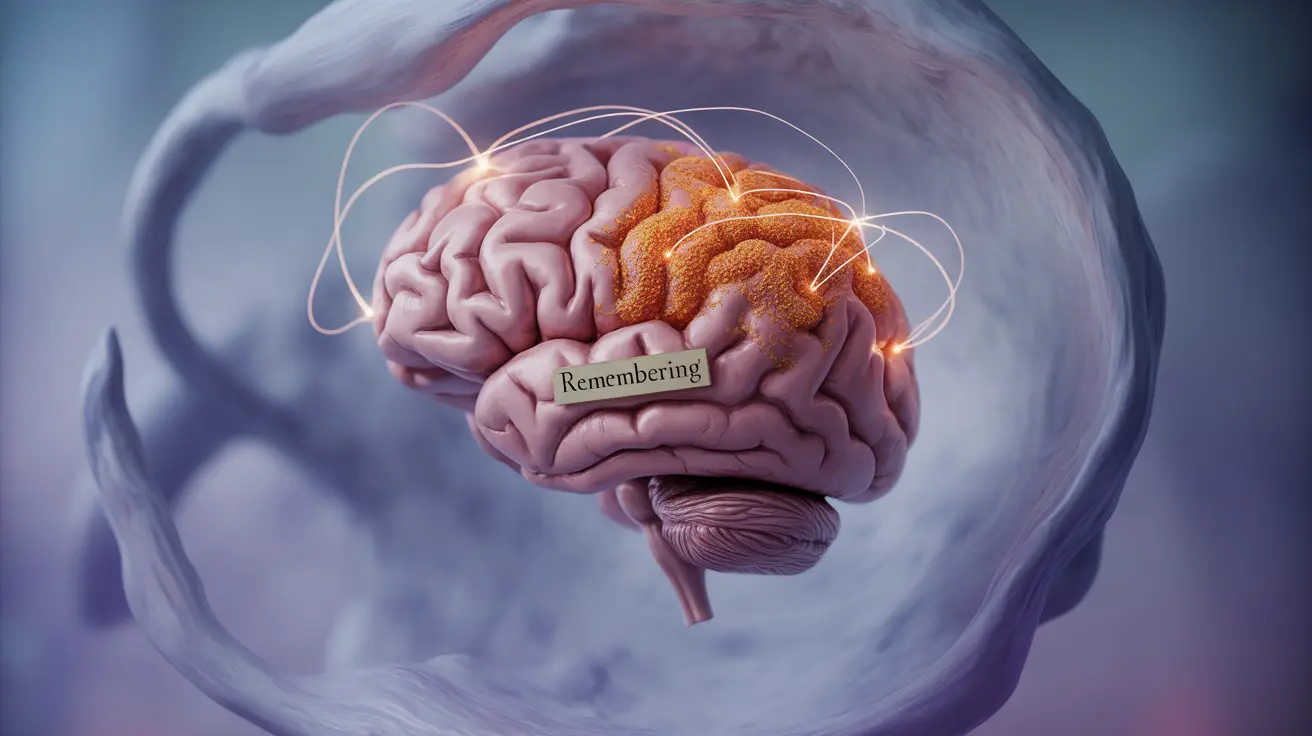Rapid onset dementia, also known as rapidly progressive dementia (RPD), is a concerning medical condition where cognitive decline occurs unusually quickly, often within weeks or months. Unlike typical forms of dementia that progress over years, this accelerated deterioration requires immediate medical attention and thorough evaluation to identify potentially treatable causes.
Understanding rapid onset dementia is crucial because some underlying causes can be reversed if diagnosed and treated promptly. This article explores the key aspects of this condition, including its symptoms, causes, diagnosis, and available treatment options.
Key Signs and Symptoms of Rapid Onset Dementia
Rapid onset dementia presents with distinctive characteristics that set it apart from gradual-progression dementias. The symptoms typically develop over weeks or months rather than years, making early recognition vital for proper intervention.
Primary Cognitive Symptoms
- Sudden and severe memory loss
- Rapid decline in thinking abilities
- Dramatic personality changes
- Sudden confusion about time and place
- Difficulty with language and communication
- Problems with coordination and balance
Behavioral and Psychological Changes
- Sudden onset of depression or anxiety
- Unexpected aggressive behavior
- Dramatic mood swings
- Visual hallucinations
- Paranoid thoughts or delusions
Common Causes and Risk Factors
Rapid onset dementia can stem from various underlying conditions, many of which require different treatment approaches. Understanding these causes is essential for proper diagnosis and treatment.
Potentially Reversible Causes
- Medication reactions or toxicity
- Infections (including meningitis and encephalitis)
- Autoimmune disorders
- Vitamin B12 deficiency
- Thyroid problems
- Brain tumors
- Severe metabolic imbalances
Non-reversible Causes
- Creutzfeldt-Jakob disease (CJD)
- Aggressive forms of Alzheimer's disease
- Some types of frontotemporal dementia
- Certain forms of vascular dementia
Diagnostic Process
Diagnosing rapid onset dementia requires a comprehensive medical evaluation to identify the underlying cause and determine if it's potentially reversible.
Initial Assessment
- Detailed medical history
- Physical and neurological examination
- Cognitive function tests
- Mental status evaluation
Advanced Testing
- Brain imaging (MRI, CT scan)
- Blood tests and chemistry panels
- Spinal fluid analysis
- Autoimmune antibody testing
- Genetic testing when applicable
Treatment Approaches
Treatment strategies for rapid onset dementia vary depending on the underlying cause. Quick intervention is crucial for potentially reversible conditions.
Medical Interventions
- Treatment of underlying infections
- Correction of metabolic abnormalities
- Management of autoimmune conditions
- Removal of toxic substances or medications
- Surgical intervention when appropriate
Supportive Care
- Cognitive rehabilitation
- Safety measures and supervision
- Emotional and psychological support
- Family education and counseling
- Lifestyle modifications
Frequently Asked Questions
What are the common symptoms and signs of rapid onset dementia?
Common symptoms include sudden memory loss, dramatic personality changes, quick decline in thinking abilities, confusion about time and place, difficulty with language, and problems with coordination. These symptoms typically develop over weeks or months rather than years.
What causes rapid onset dementia and can these causes be treated or reversed?
Rapid onset dementia can be caused by various conditions, including infections, autoimmune disorders, medication toxicity, metabolic problems, and certain neurological diseases. Some causes, particularly those related to infections, metabolic issues, or medication reactions, can be reversed with proper treatment.
How is rapid onset dementia diagnosed by doctors?
Doctors diagnose rapid onset dementia through a comprehensive evaluation that includes medical history review, physical and neurological examinations, cognitive testing, brain imaging, blood tests, and spinal fluid analysis. This thorough approach helps identify the underlying cause.
What treatment options are available for rapid onset dementia?
Treatment options depend on the underlying cause and may include addressing infections, correcting metabolic abnormalities, managing autoimmune conditions, removing toxic substances, and providing supportive care. Some cases may require specific medications or surgical intervention.
When should I seek medical help if someone shows sudden memory loss or confusion?
Seek immediate medical attention if someone experiences sudden memory loss, confusion, or dramatic personality changes that develop over weeks or months. Early intervention is crucial, as some causes of rapid onset dementia can be treated effectively if diagnosed promptly.




